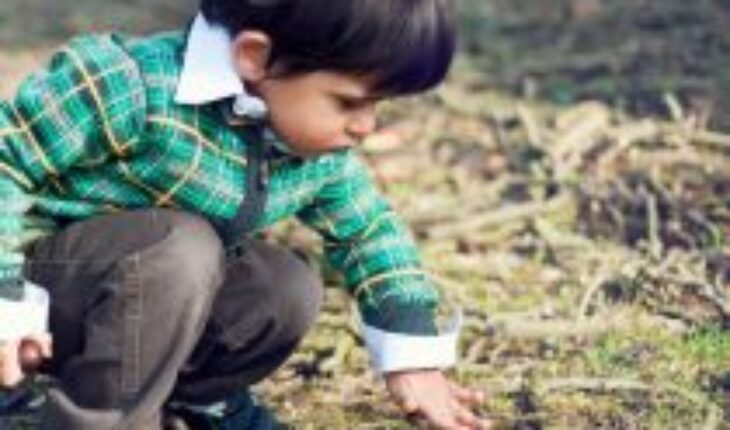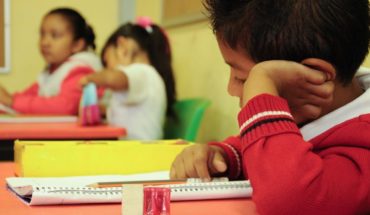The educational policy decreed by the Full School Day (JEC) in 1997 sought to ensure that the country’s school communities had freely available hours for comprehensive training. It was Open spaces for the development of relevant educational projects and activities in each context, adding spaces to make visible the different dimensions of the human being in the midst of a system focused on individual academic development.
There are already few schools and lyceums that in their educational projects do not project the need for another “good education”, often related to integral formation, together with the relevance and relevance of educational actions depending on social and territorial contexts. There have also been increasing educational projects that highlight the “care and coexistence with the environment” as a key orientation of their doing.
According to educational research, mainly in the most vulnerable educational spaces and as a result of the interaction with the educational model, the JEC policy ended up becoming an instrument for “school success” measured by the SIMCE and university selection tests. Little remained for integral education and for the longings for another “good education.” Today the school contingency speaks to us of the crisis of an educational model that has systemically deepened tensions in social coexistence.
No doubt each of us, in each educational context, has a diagnosis regarding how to best use those hours of free disposal. The proposal that raises the pedagogical model of the Transformative education with nature is one that aims at the integral formation of subjects and communities through the development of interdisciplinary educational experiences that mobilize the affective, physical and critical-reflective dimension towards the objective of resignifying our action in the world, with nature and territories. During this second year of the Transformative Nature project we have been able to advance in two key aspects: teacher training and the design and implementation of Learning Units based on the proposed pedagogical model, combining curricular objectives with comprehensive approaches.
The Transformative education with nature It is also a commitment to training to explore educationally the historical and social relevance of the way in which we have developed our relationships with nature., whose visibility anticipates our habits of coexistence with difference. In practice, we propose to converge the earth sciences, experimental sciences, social sciences, art, language – among other possibilities – to acquire understandings and relational languages that allow us to narrate new possible futures, in the midst of a socio-ecological crisis with unstoppable consequences on our well-being.
It is good news that, based on a project to modify the JEA, today the value and current relevance of these “free hours” is discussed in our society in terms of their contribution to the integral development of the communities. It is also good news for the democratization of educational spaces that the School Council participates in the decision regarding their use.
It would undoubtedly be a concrete advance if the modification considered increasing the hours of dedication that teachers require to take a step forward in the important work of forming less “successful” human beings and communities, and much more focused on a coexistence based on care between different, human and non-human.
Follow us on
The content expressed in this opinion column is the sole responsibility of its author, and does not necessarily reflect the editorial line or position of El Mostrador.





